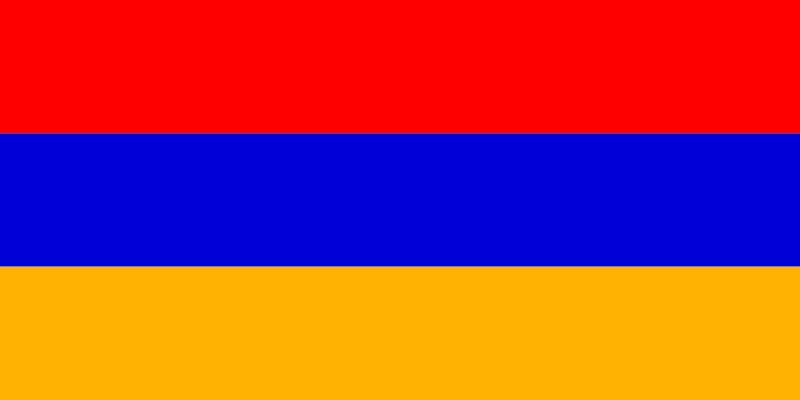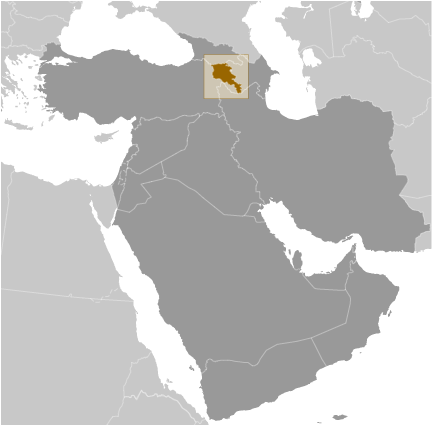HISTORICAL BACKGROUND
The Law on Freedom of Information was unanimously approved by the Parliament on 23 September 2003 and went into force in November 2003.(1) The law allows any citizen to demand information from state and local bodies, state offices, organizations financed by the state budget, private organizations of public importance and state officials. Bodies must normally provide the information in five days. Oral requests are required to be responded to immediately.
There are mandatory exemptions for information that contains state, official bank or trade secrets, infringes the privacy of a person, contains pre-investigative data, discloses data that needs to be protected for a professional activity such as privilege, or infringes copyright or intellectual property rights. Information cannot be withheld if it involves urgent cases that threaten public security and health or national disasters and their aftermaths, presents the overall economic, environmental, health trade and culture situation of Armenia, or if withholding the information will have a negative impact on the implementation of state programs related to socio-economic, scientific, spiritual and cultural development.
Appeals can be made to the Human Rights Ombudsman.(2) Appeals can also be made to a court. There have been a number of court cases on access to information.(3)
Public bodies must appoint an official responsible for the law. They must also publish information yearly relating to the activities and services, budget, forms, lists of personnel (including education and salary), recruitment procedures, lists of information, program of public events, and information on the use of the Act. If the body maintains an official web site, then it must publish the information on the site.
After two years, the government has not adopted regulations on procedures for supplying information and for storing and indexing of information and not all bodies have appointed information officials. The Freedom of Information Center states there are significant social and administrative problems starting with a general ignorance of the law by officials and citizens. Other problems are a continuation of secrecy practices started in the Soviet period, a lack of citizen participation and a general mistrust in the judicial system.(4) Many bodies deny requests without using legal grounds, refuse to respond to requests, and demand reasons for the request, which is prohibited by the law. A 2004 study by Article 19 and groups in Armenia found that most journalists and public officials were aware of the law. However, 57 percent of the journalists said that officials had given them false information. The lack of regulations was also cited as a major hindrance.(5) In her 2004 report the Ombudsman stated that "there is a problem with central and local authorities, at all levels, complying with the legally-prescribed procedure on the provision of information. There is a widespread practice of groundlessly refusing to provide information to individuals or NGOs."(6) She also noted that some bodies such as the Yerevan Mayor's Office were continuing to deny information even after a court order to release the information and that bodies "arbitrarily" interpreted "notions of 'commercial secrecy' or 'personal data'."
The government committed to improve public access to information as a part of its 2003 anti-corruption strategy. The OECD's Anti-Corruption Network for Transition Economies recommended in January 2004 that the government improve the access and response procedures as part of that strategy.(7) Another review by the OECD in 2005 recommended that the government should "consider establishing an office of an Information Commissioner to receive appeals under the Law on Access to Information; limit discretion of officials and the scope of information that could be withheld; enhance cooperation with civil society."(8)
In 2004, the government proposed amendments to the law that would have expanded exemptions but also broadened the scope of the law to cover many private bodies. The amendments were strongly objected to and were not adopted.
The 1996 Law on State and Official Secrets sets rules on the classification and protection of information relating to military and foreign relations.(9) It creates three categories of classification: "Of Special Importance", Top Secret and Secret. Information that is classified as "Of Special Importance" or Top Secret is a state secret and can be classified for thirty years. Secret information can be classified for ten years. Disclosing secrets or breaking rules on handling of state secrets is punishable under Article 306 and 307 of the Criminal Code.
Armenia signed the Aarhus Convention in June 1998 and ratified it in August 2001.(10) No legislation implementing it has been adopted. The Law on Protection of the Population in Emergencies requires that authorities notify the public of major emergencies. The Article 19 survey of public officials found that only 17.5 percent of them were aware of the Convention.
The Law on Personal Data provides for the right of citizens to obtain personal information about themselves from public or private bodies.(11) They can also demand that incorrect information be corrected. Appeal is to a court.
2004 freedominfo.org Global Survey Results - Armenia
NOTES
1. Law on Freedom of Information. http://www.foi.am/en/content/53/.
2. Homepage: http://www.ombuds.am/main/en/9/27/139/.
3. See Center for Freedom of Information: http://www.foi.am/en/rcontent/14/.
4. Mavvel Badalyan, Implementation of the Freedom of Information Law in Armenia. OSCE Second South Caucasus Media Conference, November 2005.
5. Article 19, Freedom of Information and the Media in Armenia, Azerbaijan and Georgia, February 2004.
6. Annual Report - Activities of the Republic of Armenia's Human Rights Defender, and on Violations of Human Rights and Fundamental Freedoms in Armenia During 2004.
7. Anti-Corruption Network for Transition Economies, Regional Anti-Corruption Action Plan for Armenia, Azerbaijan, Georgia, the Kyrgyz Republic, the Russian Federation, Tajikistan and Ukraine: Armenia - Summary of assessment and recommendations, 18 June 2004.
8. OECD, Fighting Corruption in Transition Economies: Armenia, 2005.
9. Law on State and Official Secrets, 1996. http://www.internews.am/legislation/russian/laws2001-arm/gaxtniq.zip (in Armenian)
10. See Regional Environmental Centre, Doors to Democracy, Current Trends and Practices in Public Participation in Environmental Decisionmaking in the Newly Independent States, June 1998. http://www.rec.org/REC/Publications/PPDoors/NIS/cover.html
11. Law on Personal Data, 8 October 2002.





















